Support every new hire with AskAI
AskAI is available 24x7 and answers questions using your internal docs and policies so new hires stay unblocked.
Turn your company knowledge into structured onboarding programs that help new hires ramp with confidence.
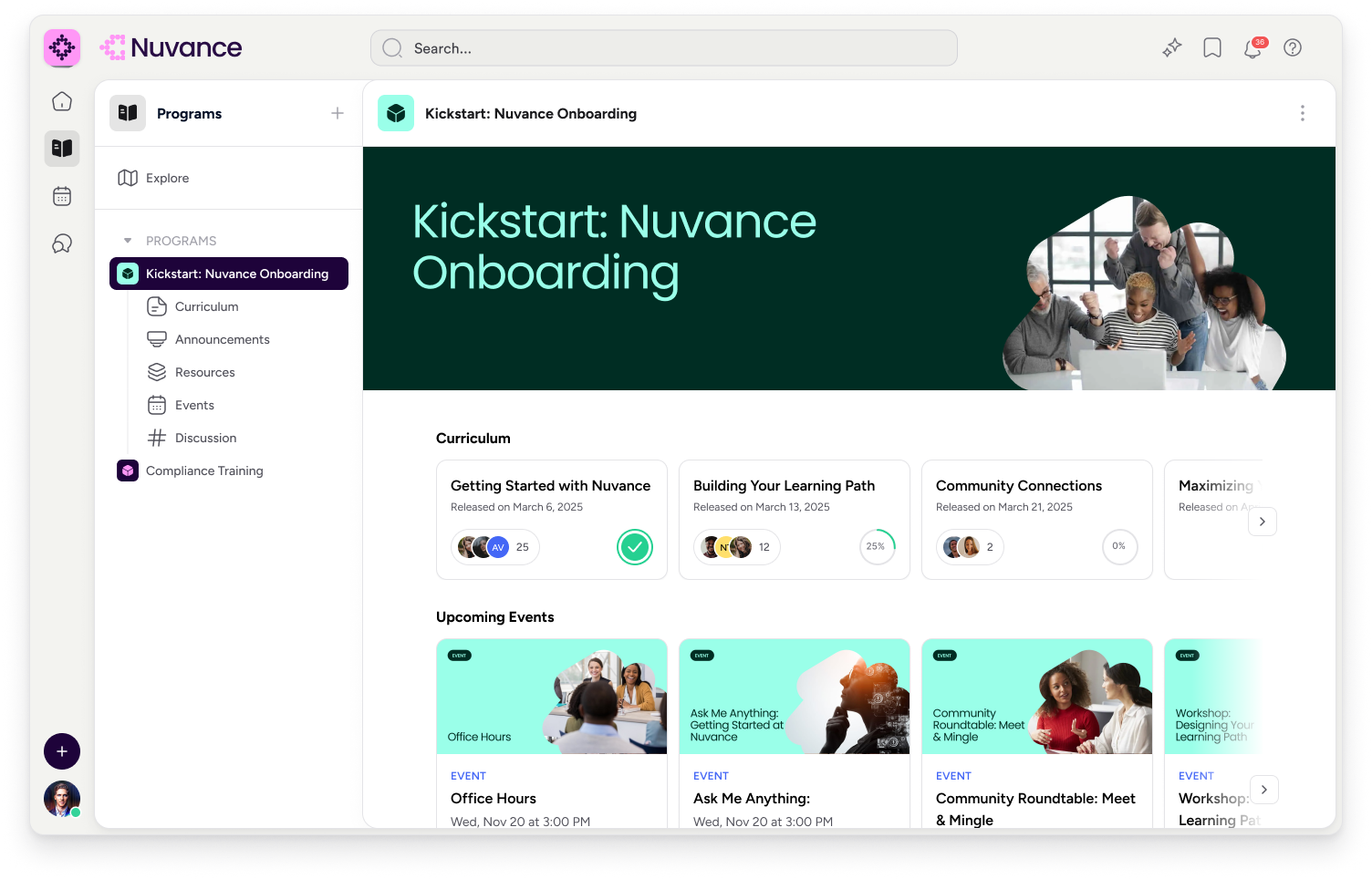



















Use the materials your team already relies on. Disco works with handbooks, guides, and process docs.
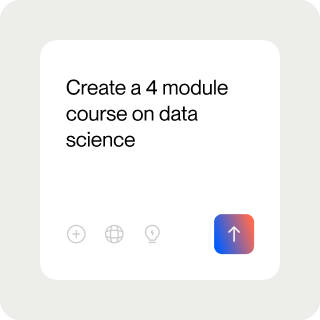
Disco turns your content into a structured, role-specific onboarding journey.

New hires get a guided experience with built-in help from AskAI, trained on your company’s knowledge.
AskAI is available 24x7 and answers questions using your internal docs and policies so new hires stay unblocked.


Disco makes onboarding collaborative. Each team gets a shared space where new hires can ask questions, see what others are learning, and build context together.
See who is engaging, where people get stuck, and what needs to be improved as your company evolves.
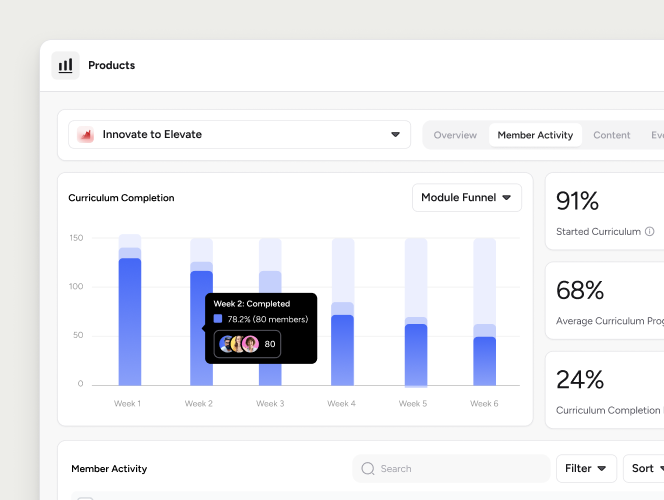
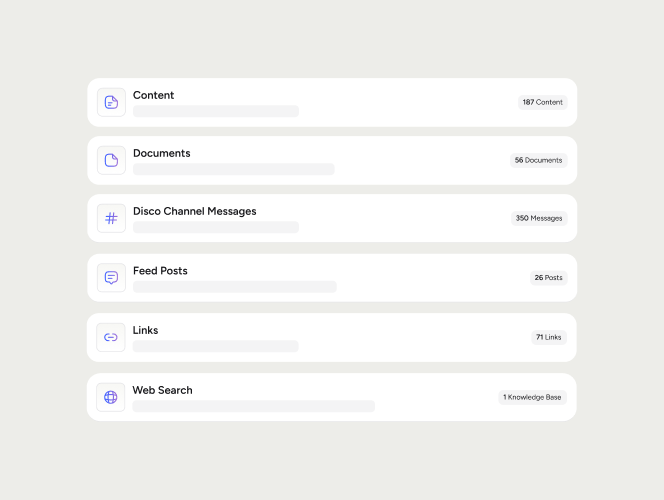
Upload your onboarding content and let Disco do the heavy lifting. You’ll have a complete, structured program ready in hours.


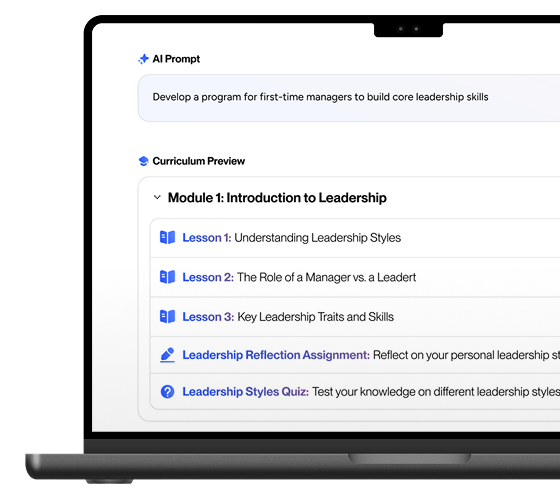



.webp)